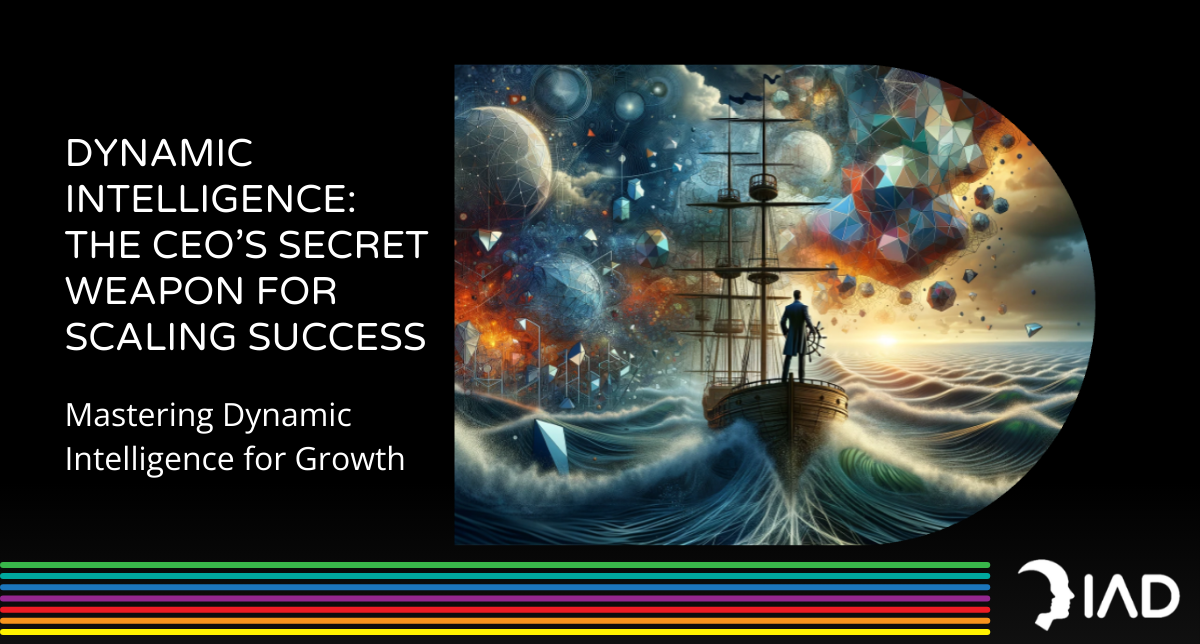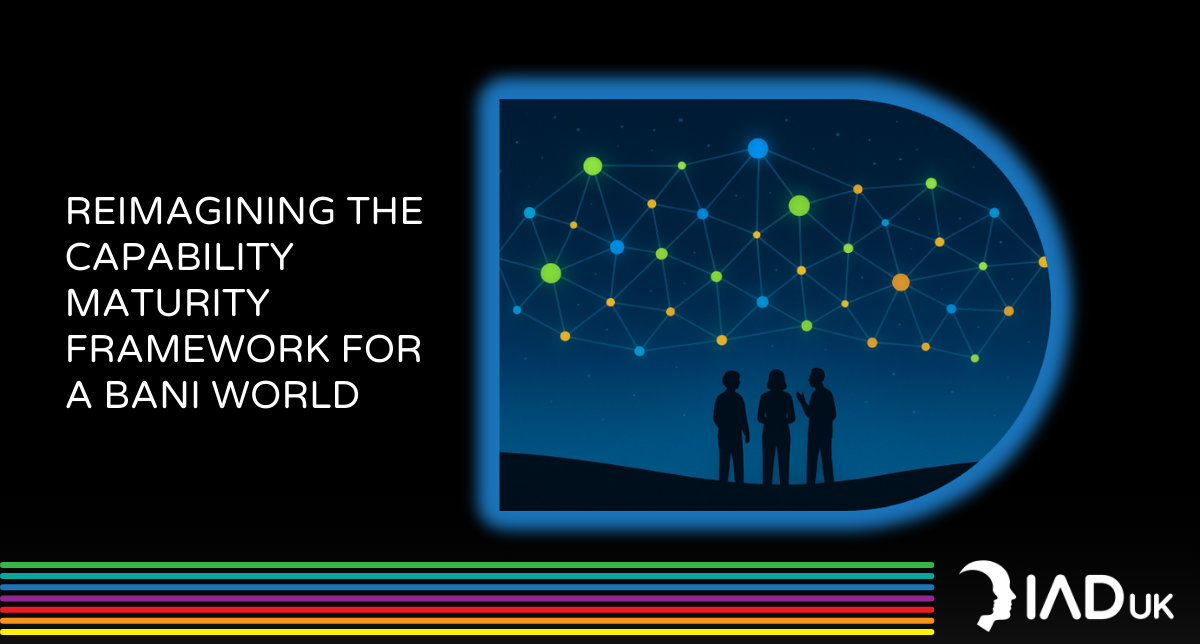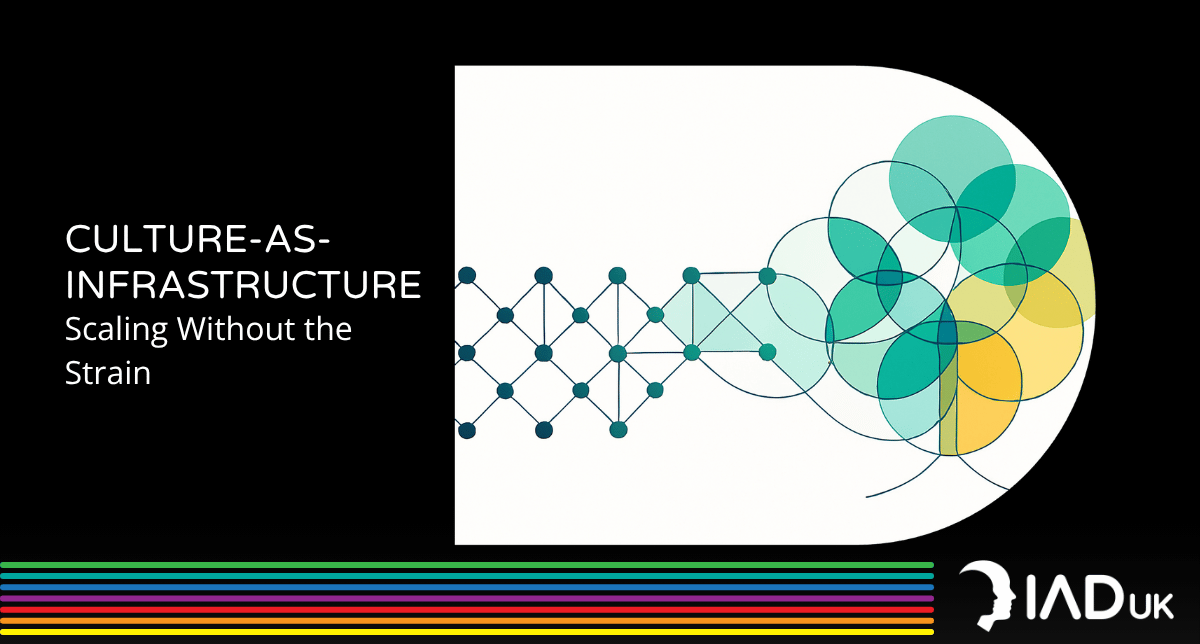As we look toward the future, the importance of developed Dynamic Intelligence (DI) in leadership, especially within the scale-up context, is set to magnify. The rapidly evolving business landscape, characterised by technological advancements, shifting market dynamics, and increasing global interconnectedness, demands a new breed of leaders. Leaders of the future must not only possess strategic vision and operational expertise but also the DI to construct and reconstruct their thinking in real-time, ensuring adaptability and resilience in the face of change.
Dynamic Intelligence will become a critical determinant of which companies excel and which falter. It enables leaders to continuously refine their strategies, foster cultures of innovation, and sustainably scale their organisations. Furthermore, as businesses increasingly recognise the value of cognitive diversity, higher levels of DI will be essential in harnessing this diversity for competitive advantage.
The cultivation of DI across all levels of leadership will likely become a central focus of developmental programs, with forward-thinking companies investing in development and resources to enhance this capability. In doing so, they will not only be preparing their leaders for the challenges of today but also equipping them to navigate the uncertainties of tomorrow.
In conclusion, elevated Dynamic Intelligence emerges not just as a desirable attribute but as an imperative for scale-up CEOs navigating the intricate maze of growth, competition, and innovation. It represents a paradigm shift from static leadership competencies to a dynamic, context-responsive approach that champions adaptability, strategic foresight, and nuanced stakeholder engagement. As businesses continue to evolve in an increasingly complex and unpredictable global marketplace, the leaders who will distinguish themselves and their organisations are those who master DI, leveraging it to inspire, innovate, and drive transformative growth.
For CEOs poised at the brink of scaling excellence, the journey ahead demands more than traditional strategies and leadership paradigms. It calls for a deep dive into the essence of Dynamic Intelligence—understanding it, nurturing it within yourself and your teams, and embedding it into the DNA of your organisation. Begin by reflecting on your current leadership approach and consider how enhanced DI can elevate your strategic decisions and organisational culture. Seek out resources, training, and coaching that focus on enhancing your Dynamic Intelligence. The future belongs to leaders who can dynamically construct their thinking to meet the moment—be one of them.
Additional Resources
If you want to learn more about Constructed Development Theory, Dynamic Intelligence, and their application for Leadership, then check out our other articles, or our YouTube channel.











